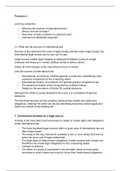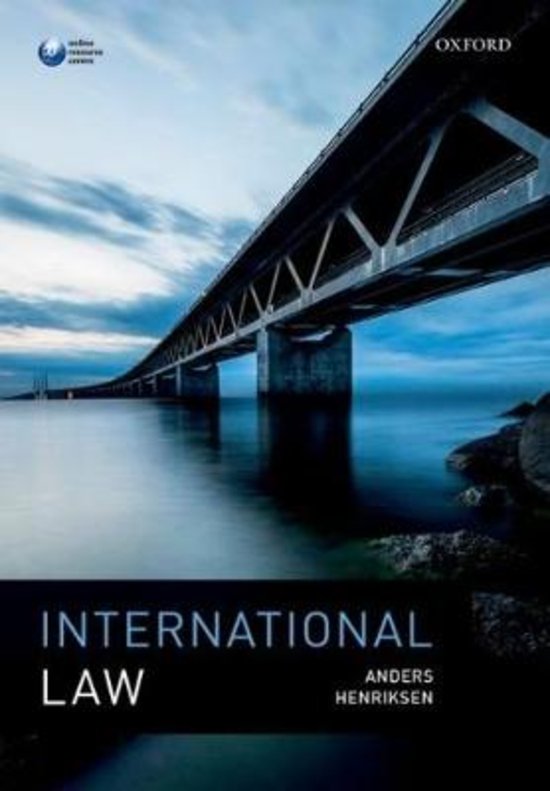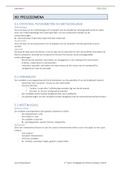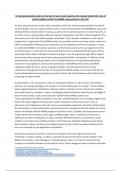Samenvatting
Summary Probleem 2
- Instelling
- Erasmus Universiteit Rotterdam (EUR)
- Boek
- International Law
AANRADER: KOOP DE BUNDEL! Dit is een samenvatting van het blok ''Introduction to International and European law'. De samenvatting bevat probleem 2 voor het blok voor de voltijdstudenten op de precieze volgorde van hoe deze wordt besproken in de onderwijsgroepen. Het probleem is hiernaast een erg go...
[Meer zien]










